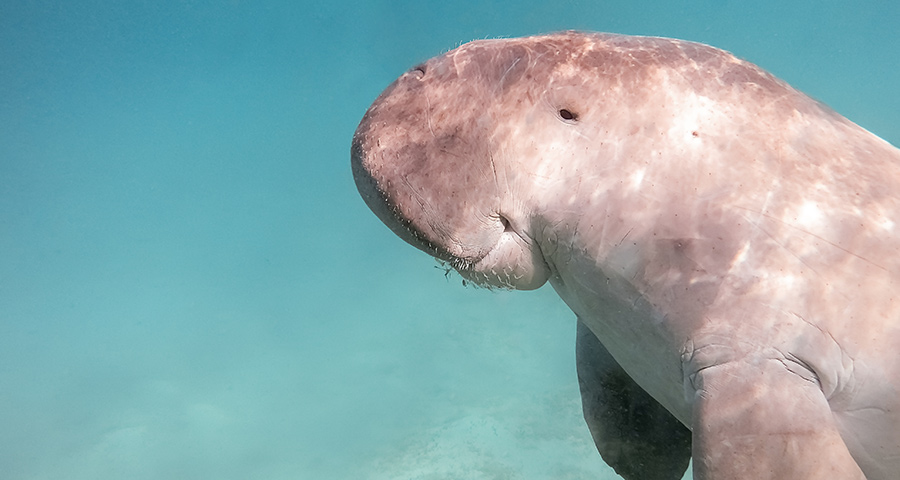
Students delve into Qatar’s attitudes about wildlife
Students at Carnegie Mellon University in Qatar (CMU-Q), a Qatar Foundation partner university, are conducting a research project that explores how people in Qatar think about indigenous wildlife species.
Reem Al-Haddad, Sara Al-Hemaidi, Amal Al-Korbi and Almayasa Al-Naimi will be conducting the project with support from the Undergraduate Research Experience Program (UREP) by Qatar National Research Fund.
Faculty advisors Jennifer Bruder and Lauren Burakowski, both assistant teaching professors of psychology at CMU-Q, first proposed the project to learn more about Qatar residents’ awareness of native species, as well as their attitudes toward the wildlife. The team will survey people who live in Qatar to establish a baseline understanding of attitudes toward wildlife, which can help direct future research questions.
Qatar is home to an impressive variety of unique terrestrial and marine animals, like the Arabian oryx, the dugong, and the hawksbill turtle. The animals are under threat because of a variety of factors, including coastal development, climate change, invasive species, water scarcity, and desertification.
“We see from other studies that people who have an increased familiarity with wildlife tend to also report a stronger connection to nature, as well as more environmentally conscious behaviors in their daily lives,” said Bruder.
Bruder and Burakowski approached the students to see if they were interested. All four students are studying information systems, and all are pursuing minors in psychology.
Like her fellow student researchers, Al-Naimi is very interested in preserving and protecting Qatar’s unique environment: “I was drawn to this study because there is very little research concerning the environment in Qatar, and I think measuring people’s attitudes and awareness towards endangered species can ultimately help Qatar in working to preserve them.”
The project will take place over the next academic year. To better reach Qatar residents, the students have adapted their research plan to a digital format, although they will reassess as the country eases restrictions due to the COVID-19 pandemic.
UREP is a QNRF program designed to encourage and inspire undergraduate students to participate in scientific research.
